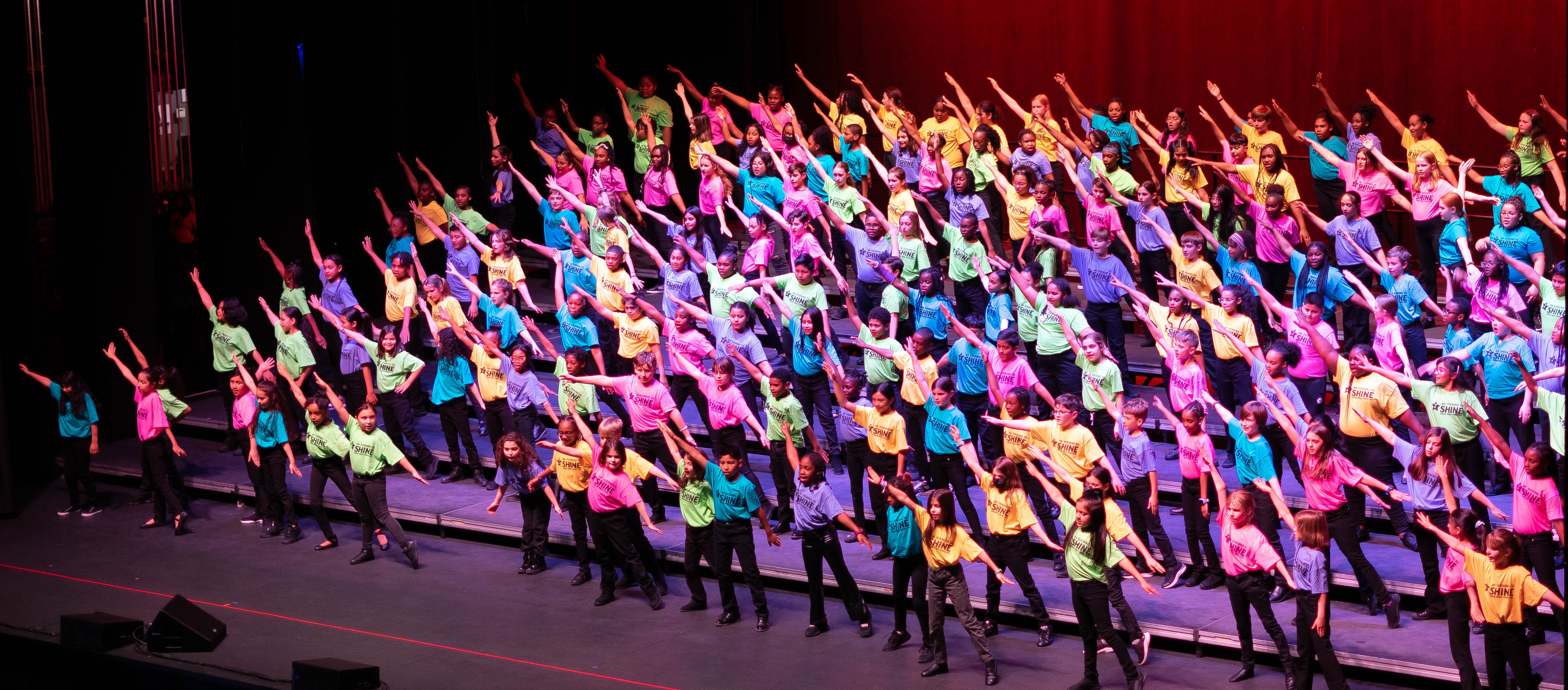“University-assisted community schools constitute the best practical means for democratically transforming universities, schools, and communities in order to develop participatory democracy.”
Ira Harkavy, PhD
Netter Center for Community Partnerships,
University of Pennsylvania
A University-Assisted Community School (UACS) is a community school in which universities serve as a core partner in providing broadly based, sustained support. Academic partnerships connect the university's and school's curricula through a common focus on helping to solve local community-identified problems. This approach is designed to simultaneously improve community wellbeing and advances research, teaching, and learning (K-16+).
UACS, as well as community schools in general, are comprehensive neighborhood centers built on partnerships that educate, engage, activate and serve students, their families, and other members of the community. For neighborhood schools to function as community schools, they need additional human resources and support. Universities are particularly well-suited to be a lead partner in the creation, growth, and ongoing development of community schools, including providing academic, human, and material resources.
As the newest regional training center for university-assisted community schools, the Southeast Regional Coalition for University-Assisted Community Schools aims to catalyze the further expansion of this innovative model throughout the Southeastern United States. We are dedicated to empowering universities and their partner schools with the necessary tools and support to establish community schools within their respective localities, thus continuing the transformative impact of this educational model.
For the history of the UACS movement, see the timeline below.
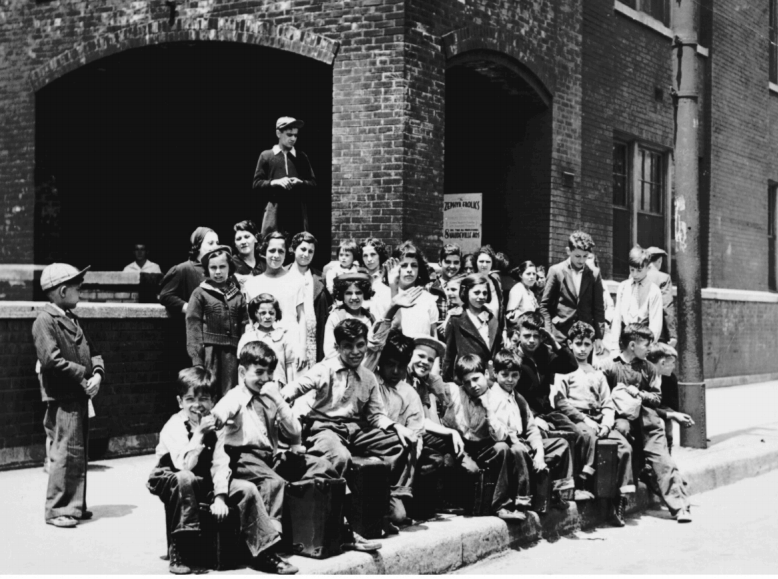
1902 - Dewey's Vision for Community Schools
The concept of community schools originates from Jane Addams' Hull House opened in 1889 in Chicago, which provided comprehensive services to support immigrants. Influenced by Victorian-era English settlement houses, its multifaceted approach addressed societal issues holistically. John Dewey expanded on this, promoting schools as community centers. By the early 20th century, many schools integrated services like healthcare and recreational activities, laying the foundation for community schools as we see them today (Benson, Harkavy, Johanek, & Puckett 2009).

1913 - The Rosenwald School
Philanthropist Julius Rosenwald and Booker T. Washington, president of the Tuskegee Institute, partnered with Black communities across the rural South to develop the first public schools for Black students in the country. The “Rosenwald School” model was scaled to meet the needs of more than 5,000 school communities across the nation.
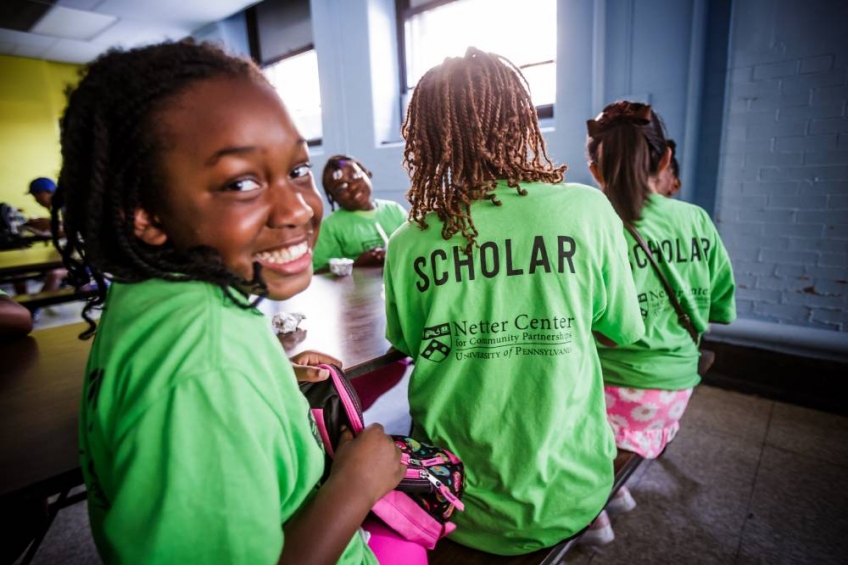
1985-1992 - The Spread of Community Schools
In the vanguard of the modern community schools movement, Ira Harkavy and his University of Pennsylvania colleagues began university-school-community collaborations in West Philadelphia in 1985, leading to the transformation of a local middle school into a university-assisted community school by 1989. That year, they also established the Universities and Community Schools journal. Community schools were soon appearing across the country including those supported by the Children’s Aid Society, New York City Beacons, and California Healthy Start. Interest of higher education institutions in learning from Netter’s model grew, resulting in a national adaptation program funded in late 1992.
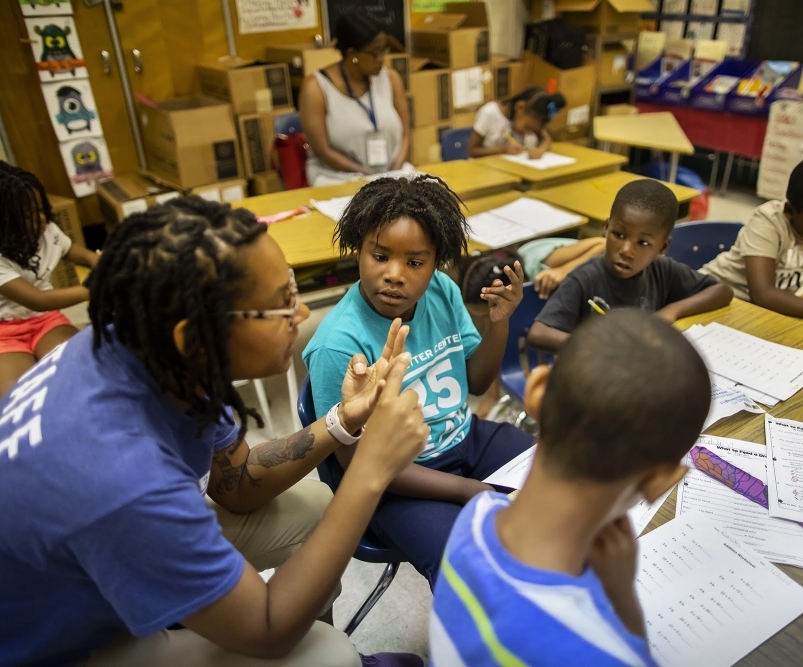
1993-2004 - The Netter Center
Through private foundation and federal grant funding, the Netter Center at the University of Pennsylvania supported expansion of the university-community school model at 23 universities as well as provided training and technical assistance to an additional 75 universities.
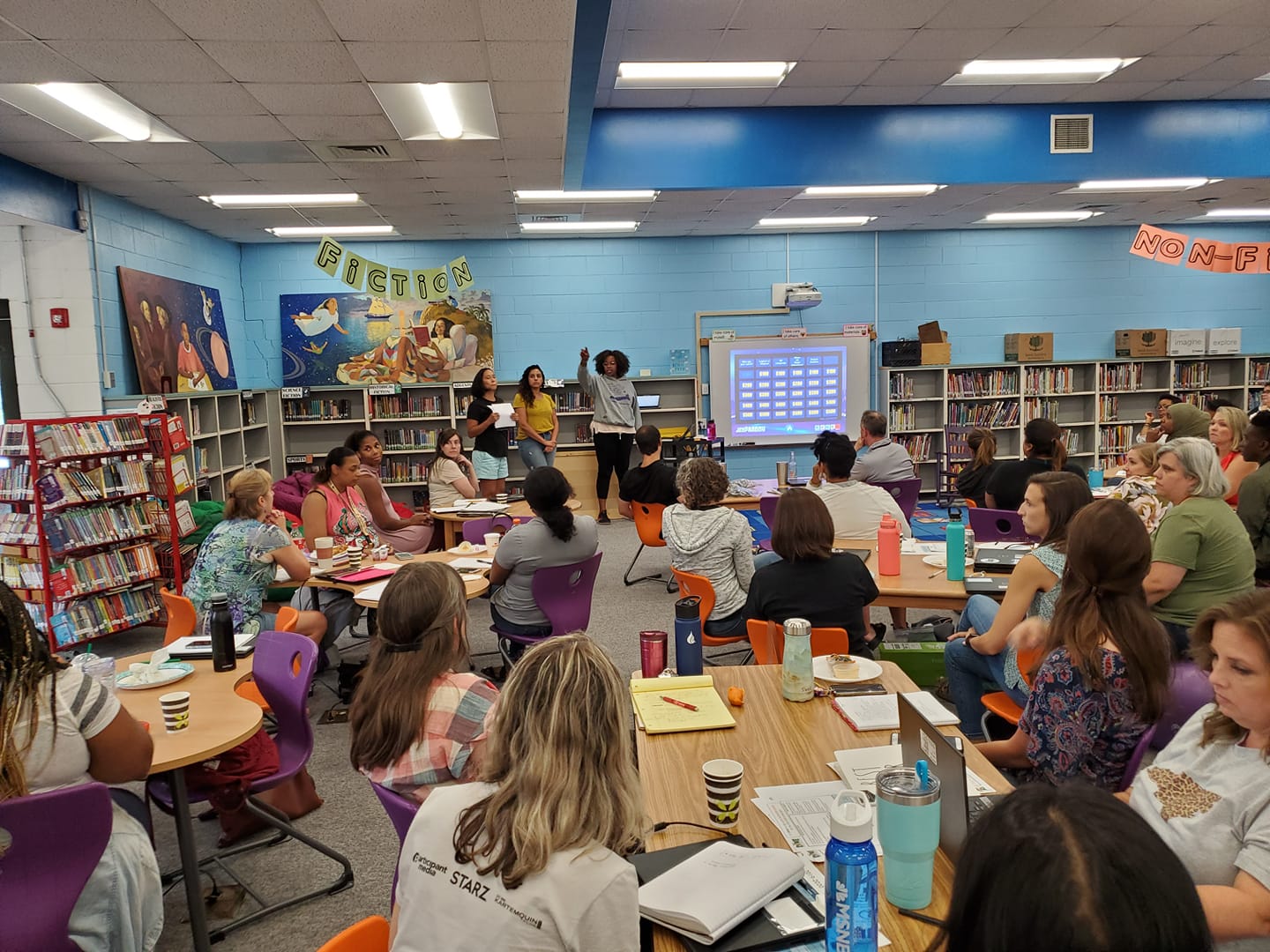
2008 - First Regional Training Center
University of Oklahoma-Tulsa selected as the site of the first regional training center for university-assisted community schools, establishing the Higher Education Forum of Oklahoma.
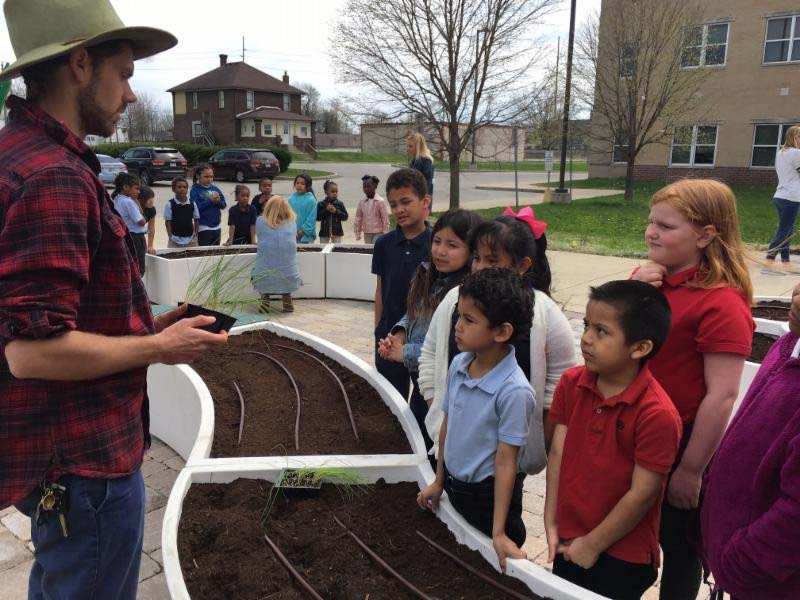
2011 - The Midwest Center for University-Assisted Community Schools
Indiana University—Purdue University Indianapolis (IUPUI) selected as the site of the second regional training center for university-assisted community schools, established the Midwest Center for University-Assisted Community Schools now the Family, School and Neighborhood Engagement division in the Office of Community Engagement. IUPUI publishes their academic journal on community-engaged research, ENGAGE! Journal, three times per year.
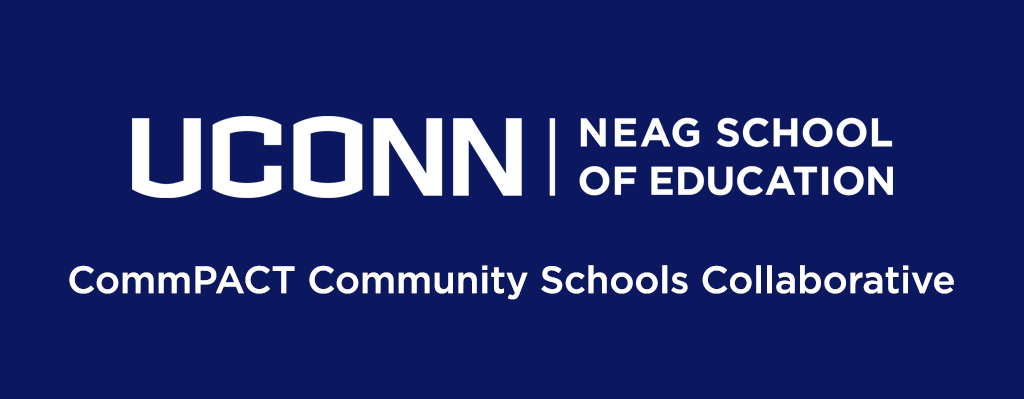
2014 - CommPact Community Schools Collaborative
University of Connecticut selected as the site of the third regional training center, establishing the New England University-Assisted Community School Collaborative. Now known as CommPACT Community Schools Collaborative, there are currently 4 CommPACT-affiliated community schools across Connecticut.
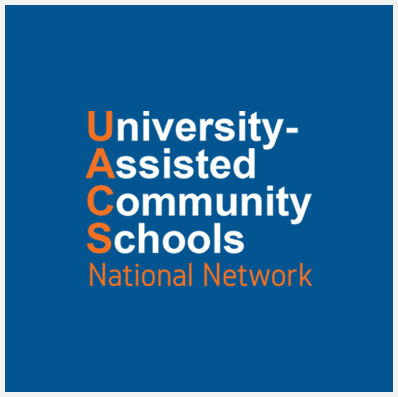
2015 - Expansion of the UACS Network
University-Assisted Community Schools Network formed as a partnership between the Netter Center (University of Pennsylvania), Rutgers University-Camden, and the Coalition for Community Schools. There are now over 70 universities in the network.
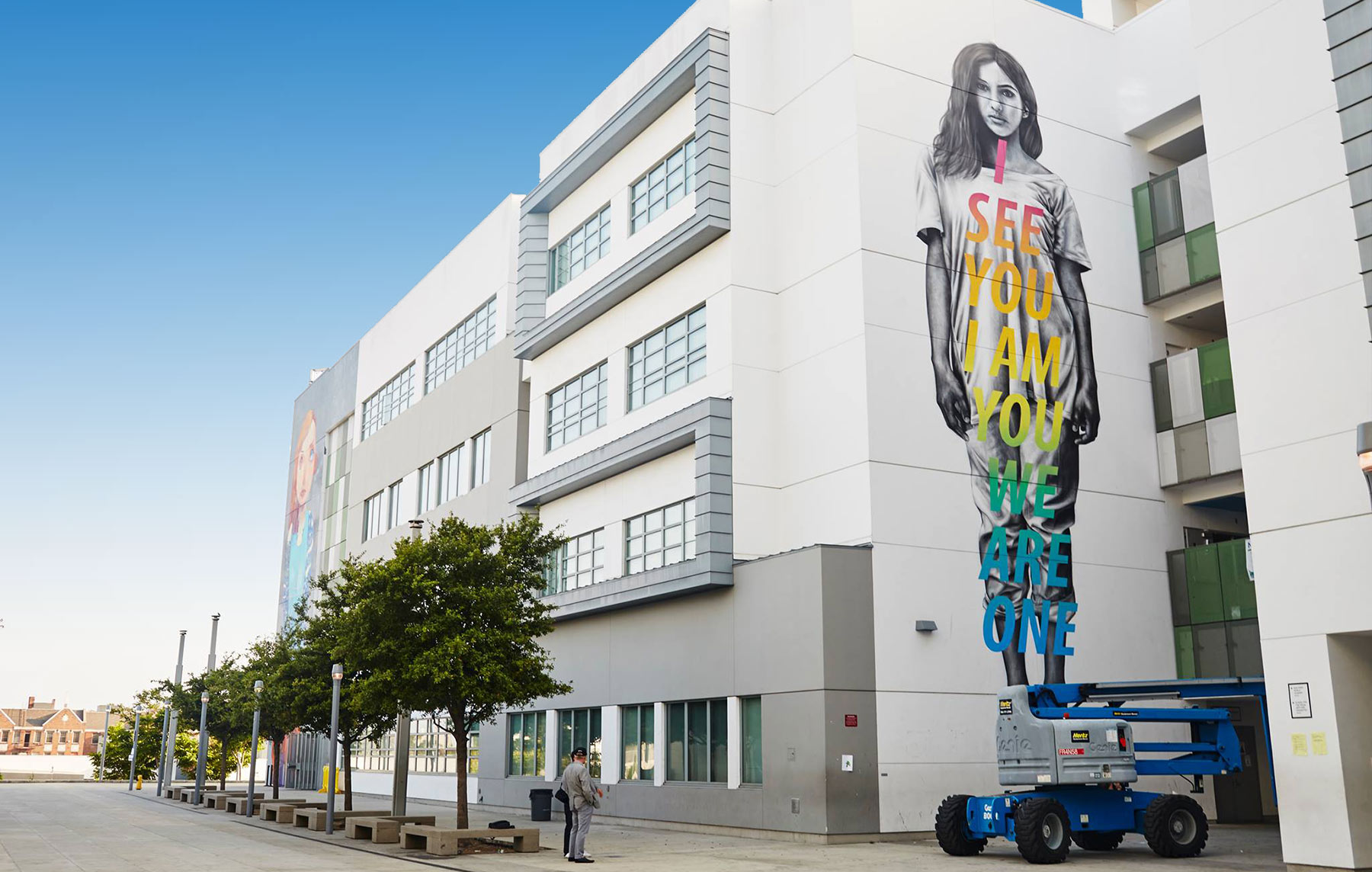
2017 - UCLA Center for Community Schooling
UCLA selected as the site of the fourth regional training center, establishing the UCLA Center for Community Schooling. They partner with two community schools in Los Angeles Unified School Distrct— Mann UCLA Community School and RFK UCLA Community School. At least twice a year, they publish an issue of the Community Schooling Journal, a research journal highlighting work in the community schools space across the country. The UCLA Center for Community Schooling helps lead the California State Transformative Assistance Center, which supports the $4.1 billion statewide initiative to advance community schools.
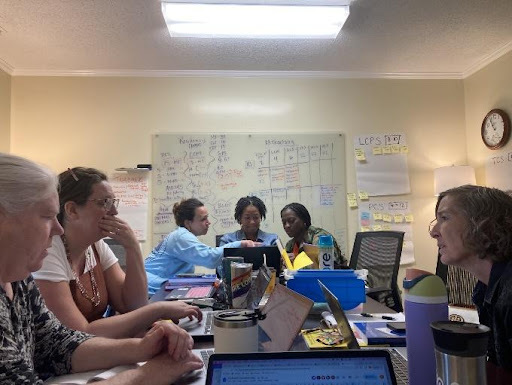
2017 - Rural Education Institute at ECU
The Rural Education Institute at East Carolina University (ECU) was formed to initiate and facilitate partnerships and research-driven innovations that enhance holistic development and opportunities for PreK-16 students and their families in rural communities. REI also collaborates with stakeholders towards positive transformation in families and schools.
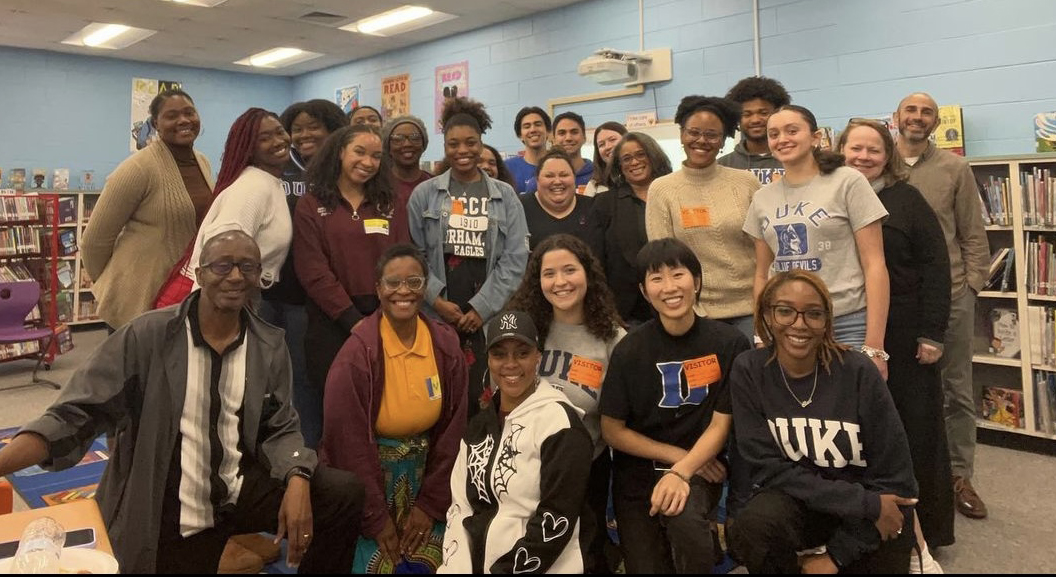
2019 - Durham University-Assisted Community Schools Research Collective
The Durham University-Assisted Community Schools Research Collective is established in partnership with Duke University, North Carolina Central University (NCCU), and the Durham Public Schools Foundation. The collective engages undergraduate students in action-research projects rooted in the community schools and university-assisted community schools strategies.
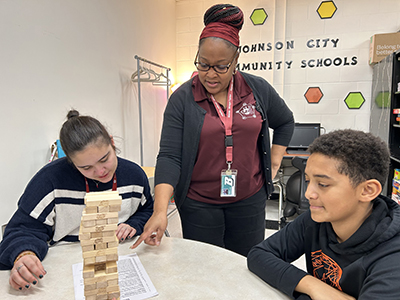
2020 - Binghamton University
Binghamton University (SUNY) selected as the site of the fifth regional training center, supporting programs across New York and New Jersey. Binghamton recently received two five-year grants from the U.S. Department of Education, totaling $9,300,000, to expand mental health services in New York’s Southern Tier as part of its Mental Health Service Provider Demonstration Grant Program. Binghamton University established the first two tenure-track faculty positions focused on community schools and UACS in the country. For those interested in furthering their knowledge on community schools, Binghamton offers an online Community Schools Program.
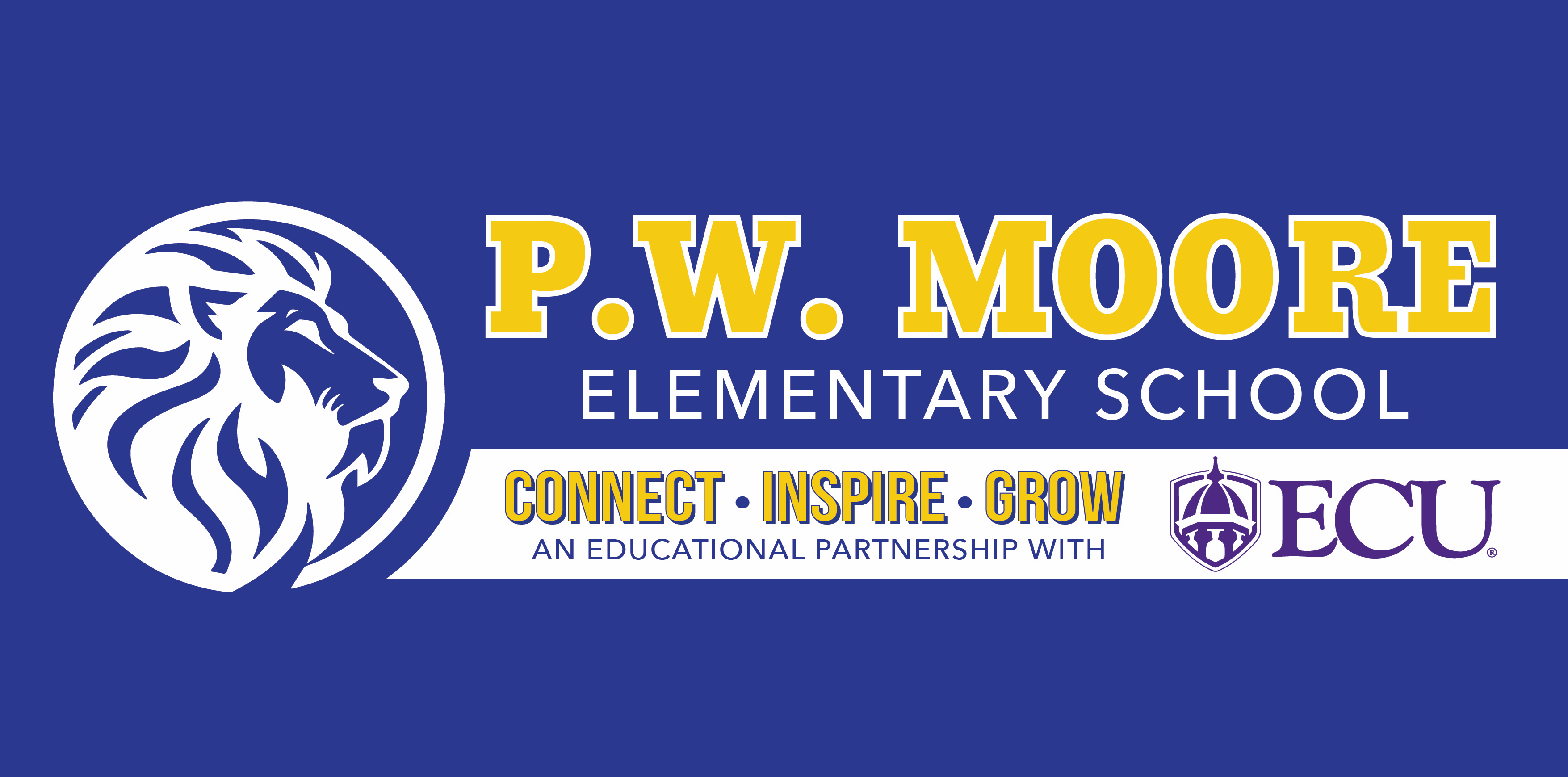
2022 - First Rural UACS
The Rural Education Institute at ECU partnered with Elizabeth City-Pasquotank Public Schools (ECPPS) to establish the first rural UACS at P.W. Moore Elementary.
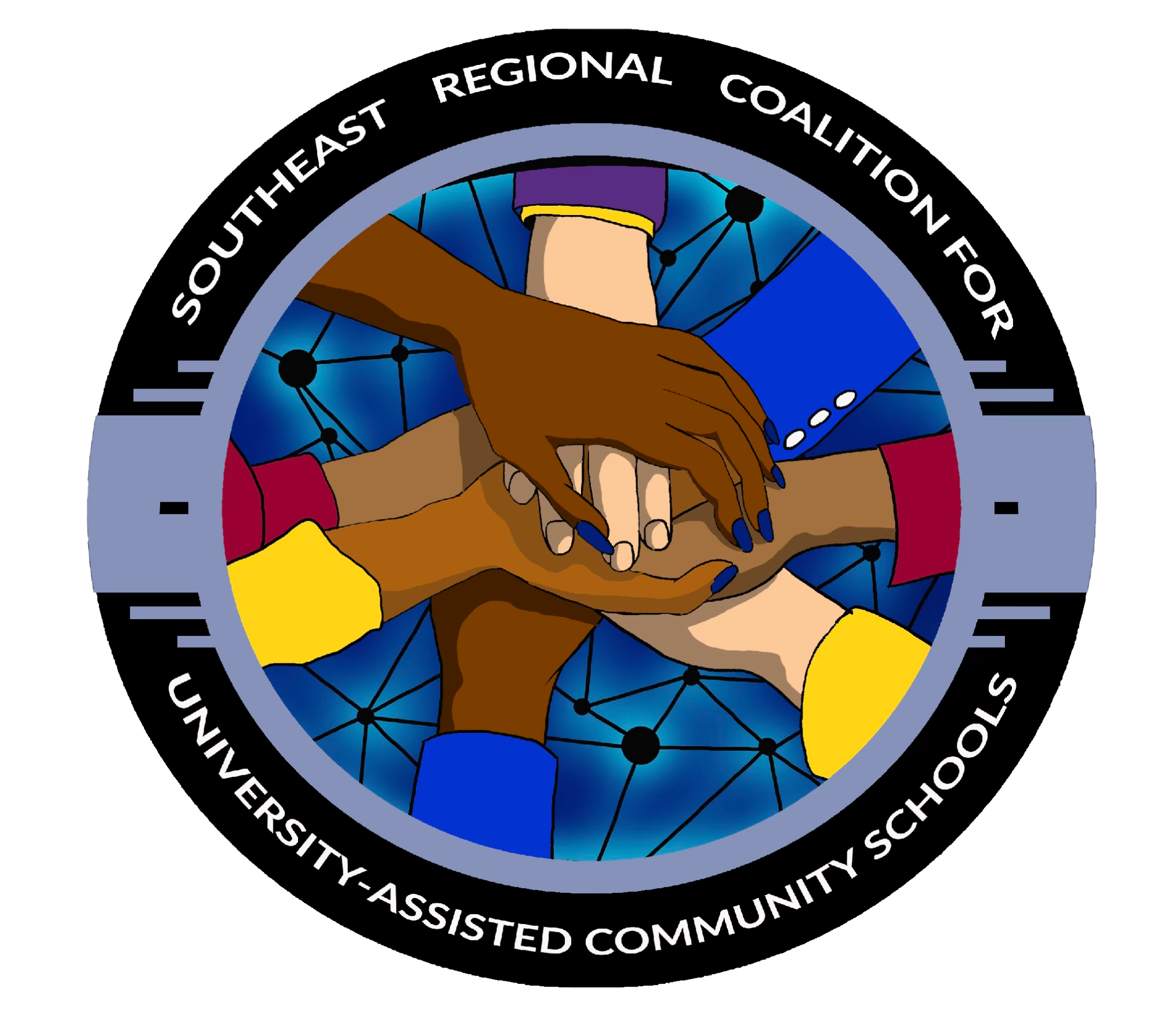
2023 - Formation of SRCUACS
Duke, NCCU, and ECU selected as the site of sixth regional training center, forming the Southern Regional Coalition for University-Assisted Community Schools.

2024 - SRCUACS Becomes Statewide Partner
The Southeast Regional Coalition for University-Assisted Community Schools becomes a statewide partner with the North Carolina Community Schools Coalition.
